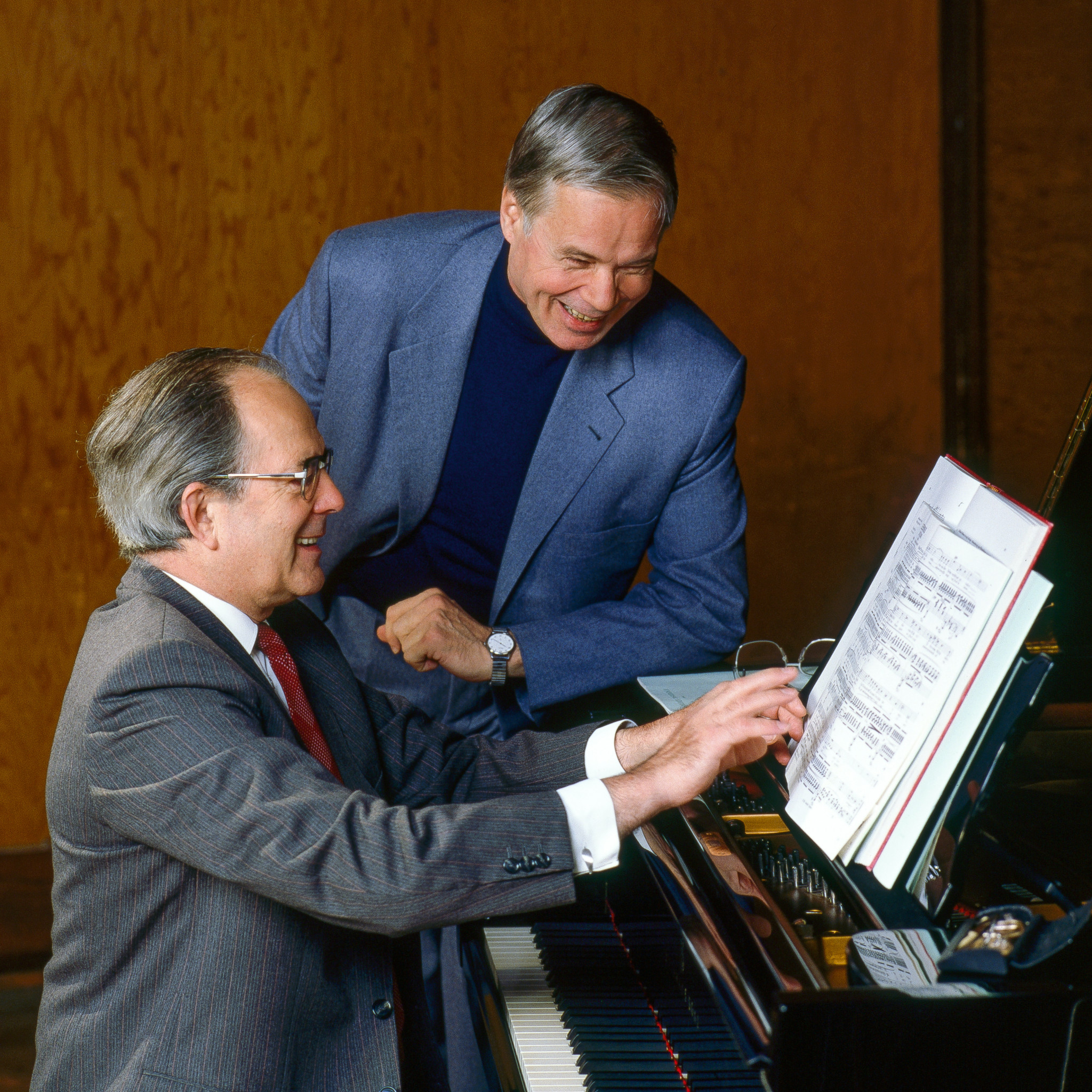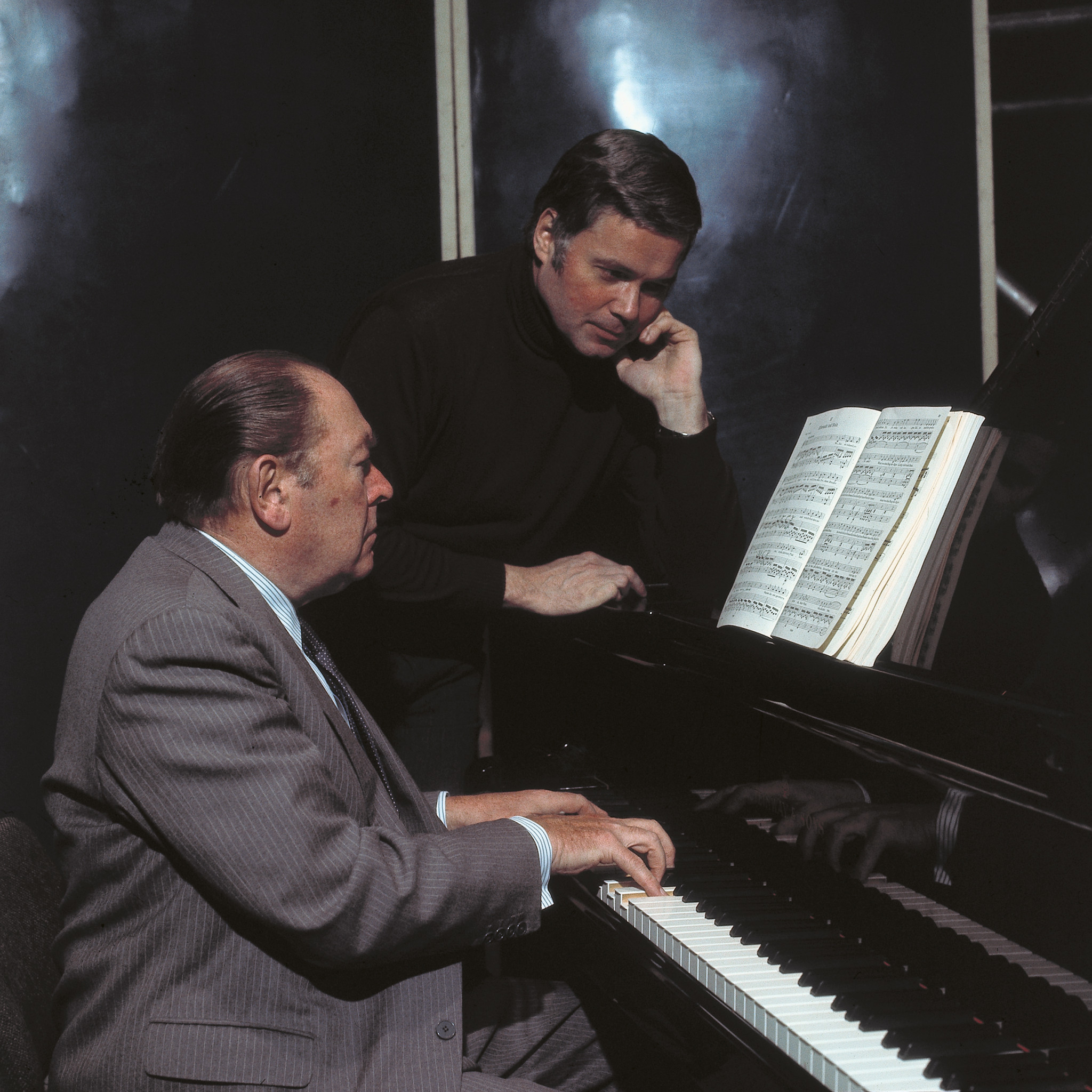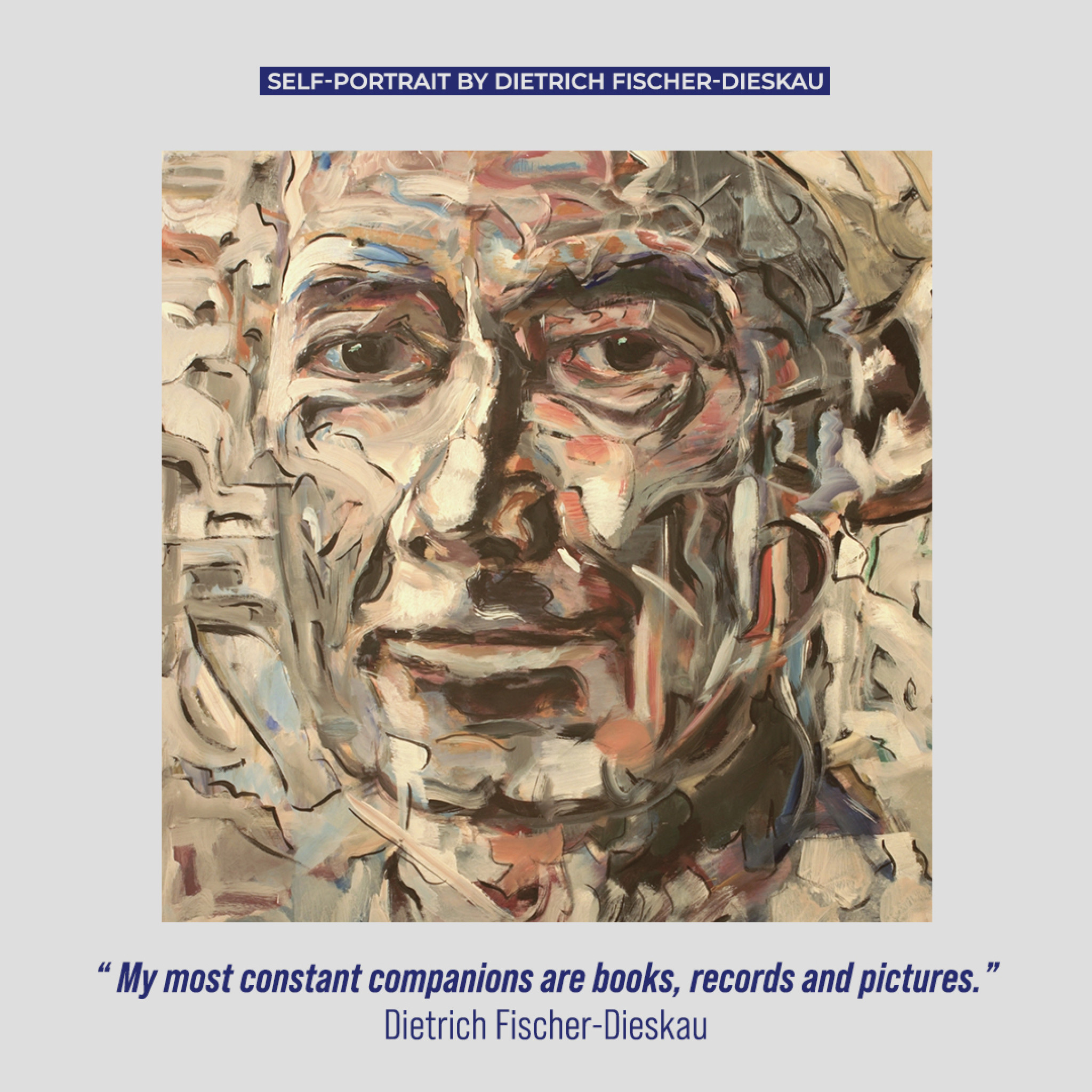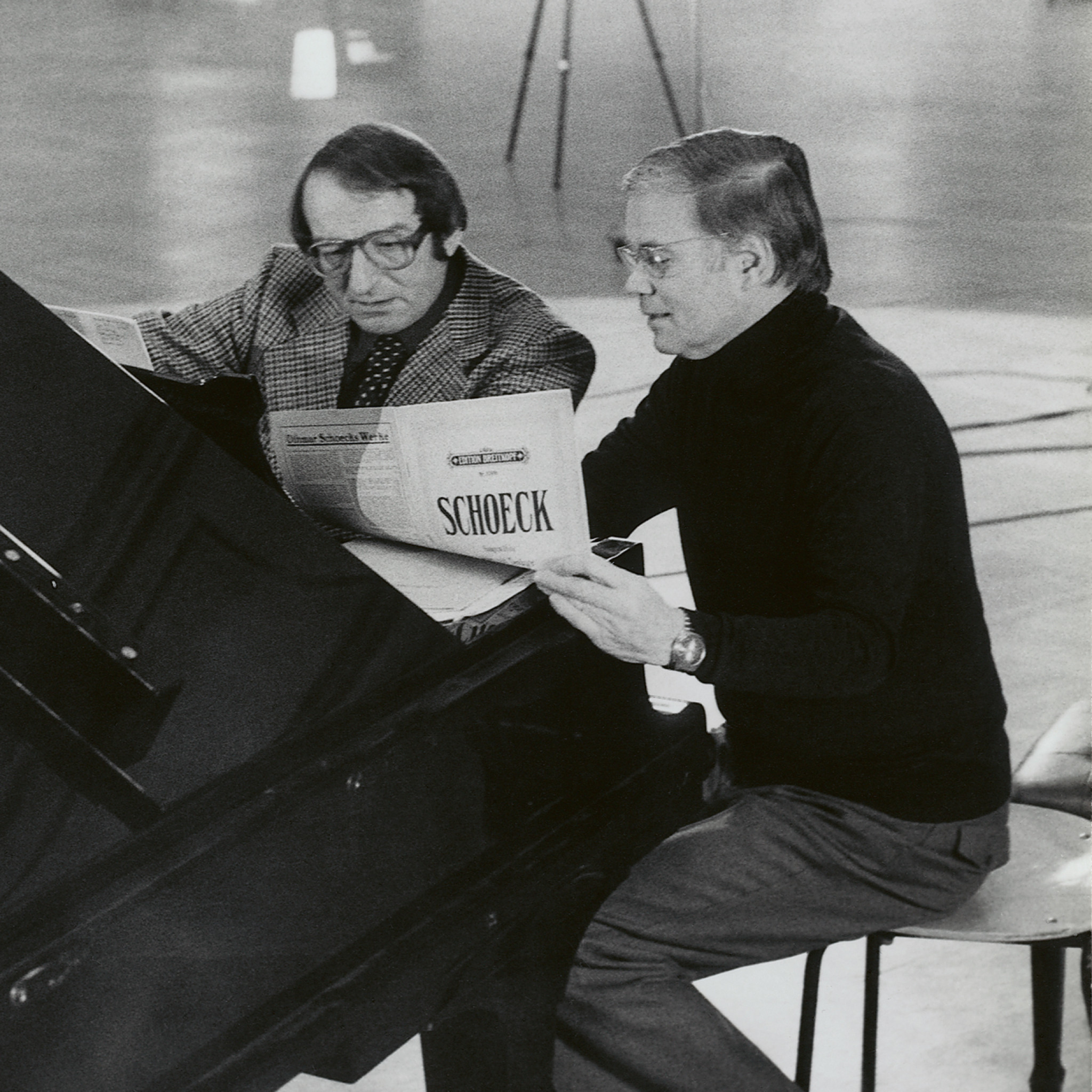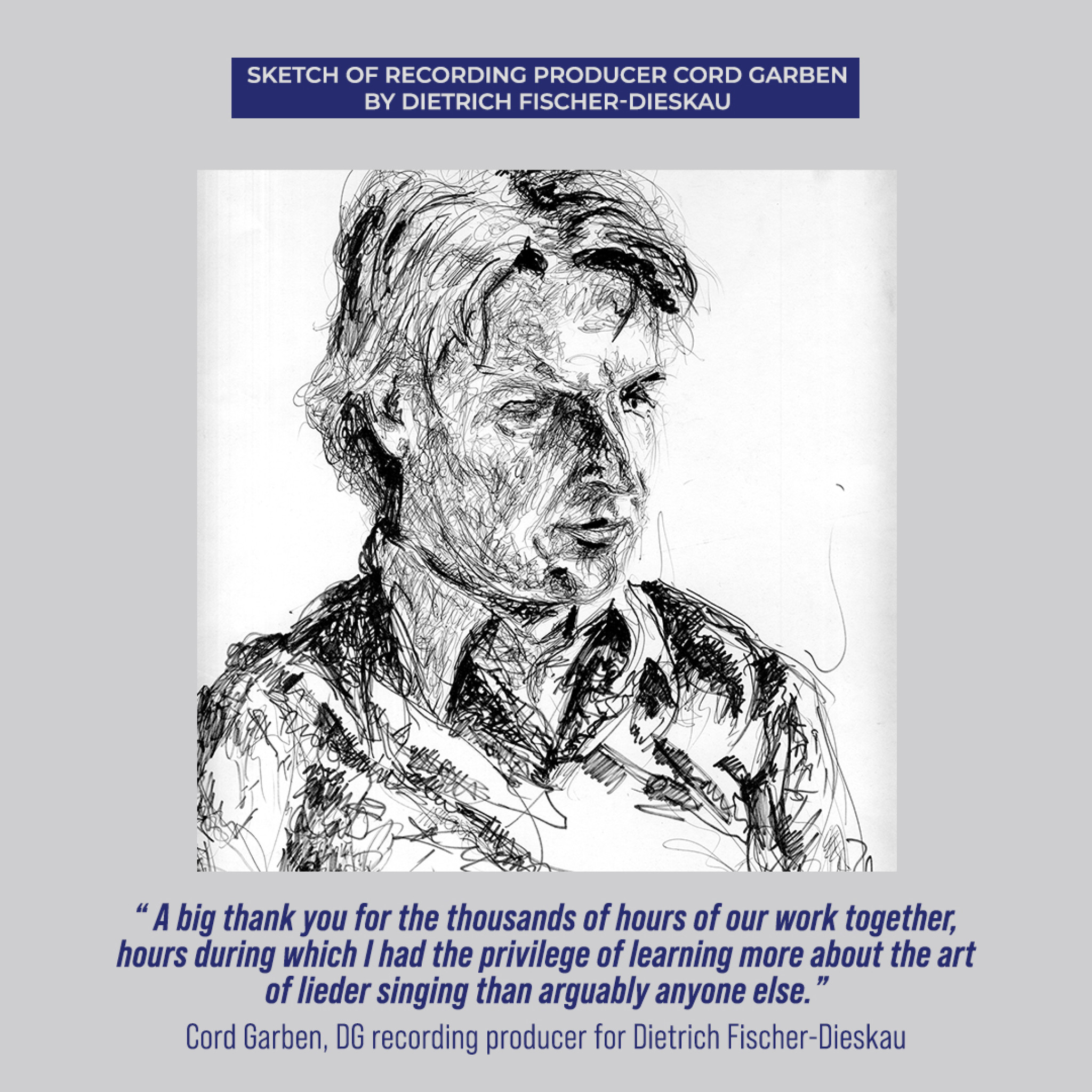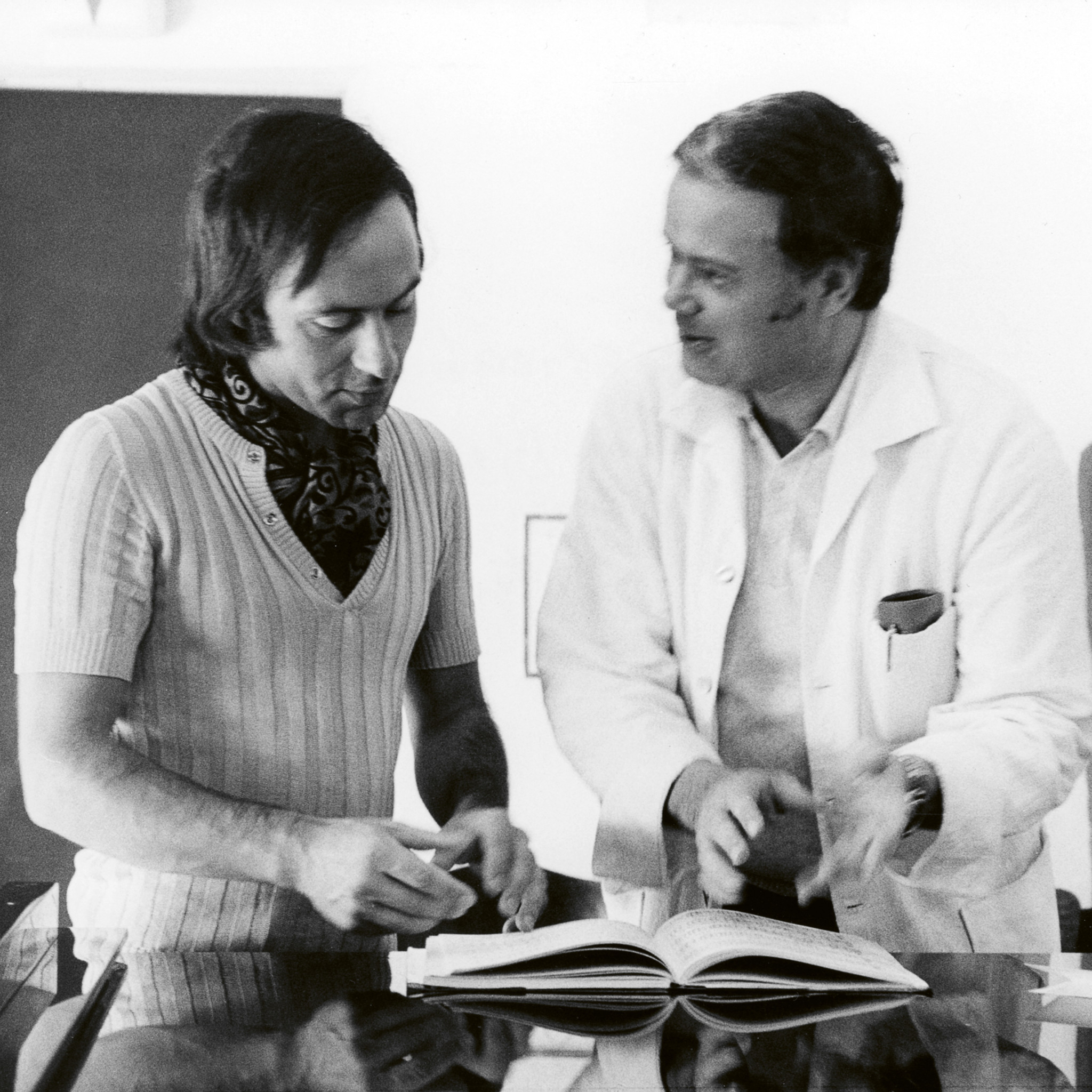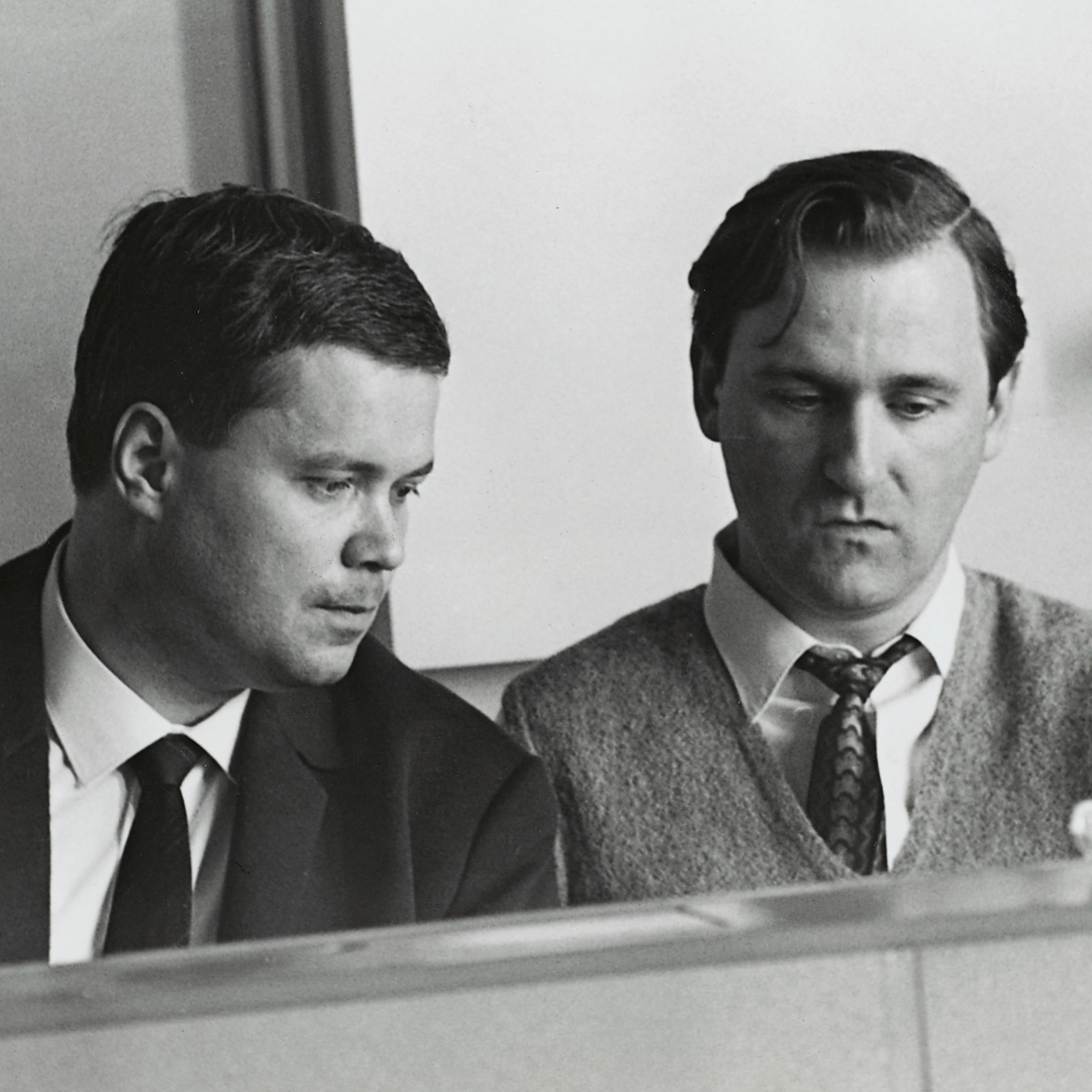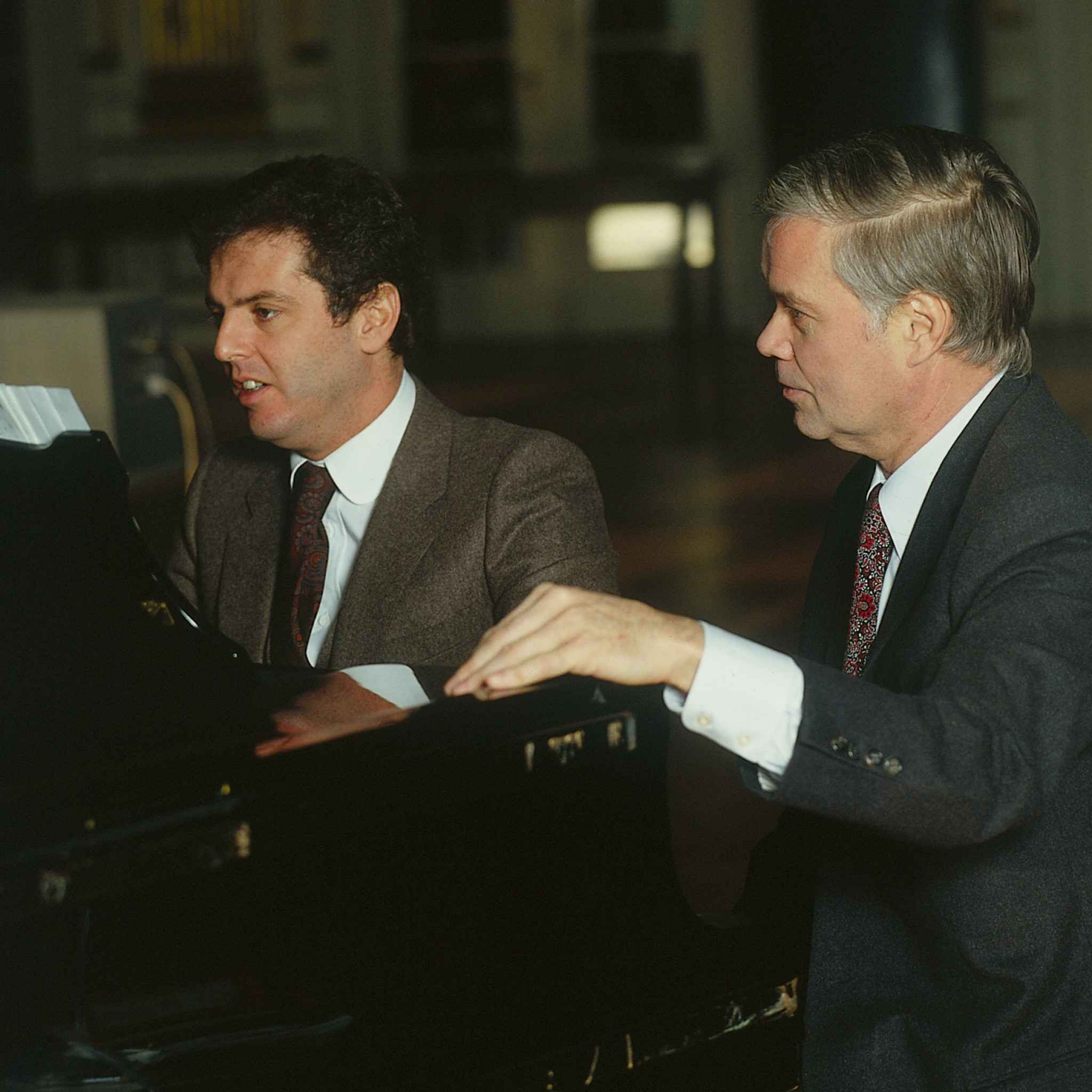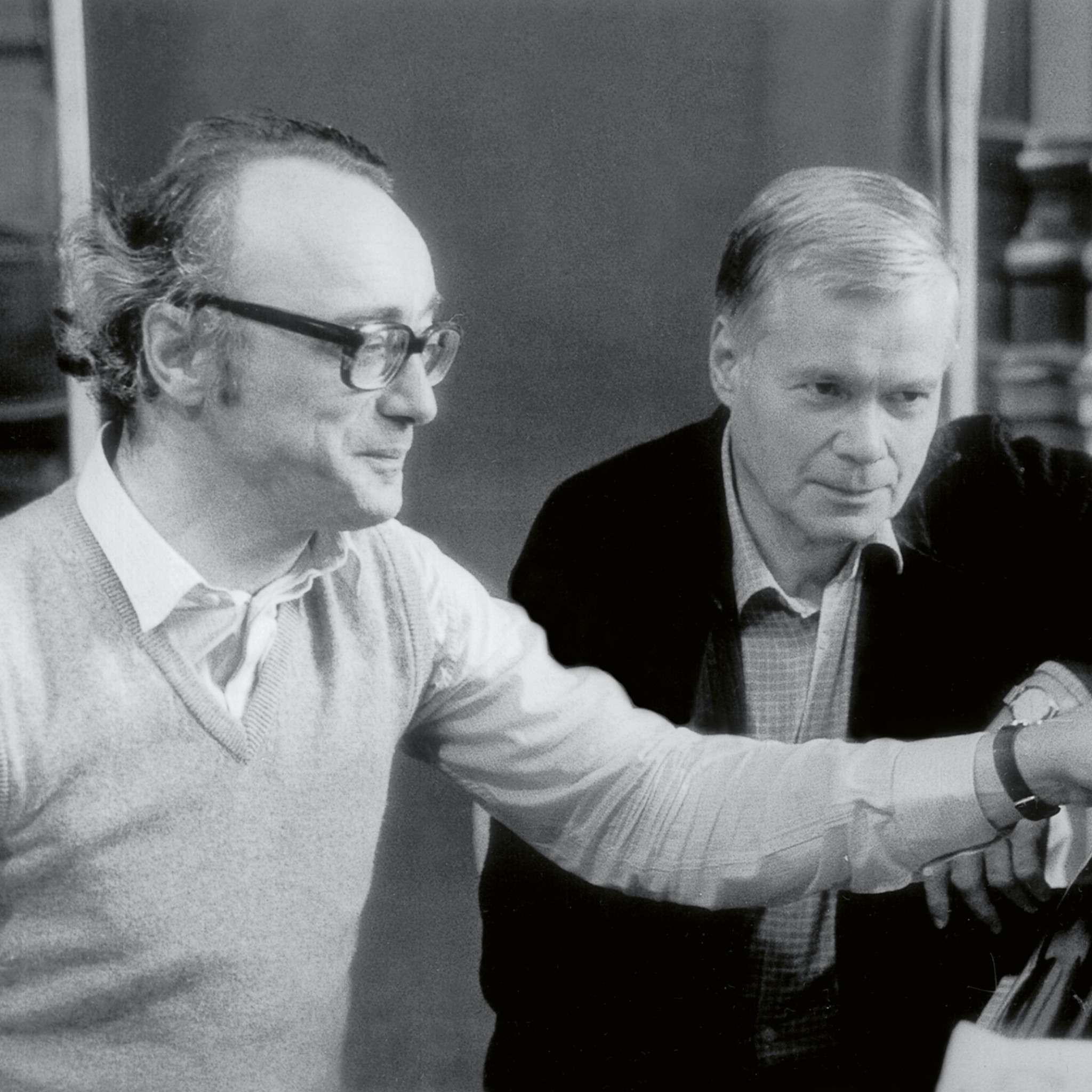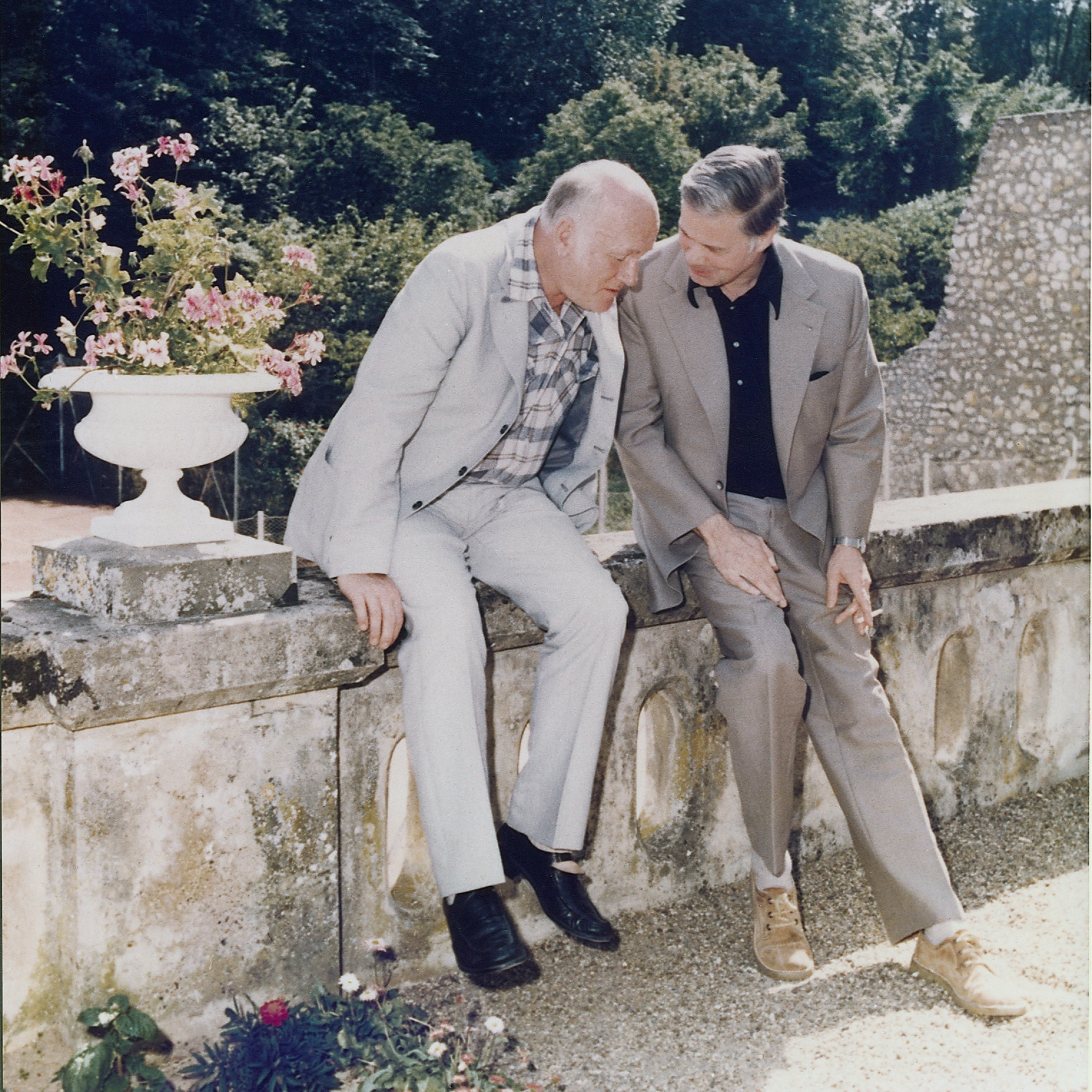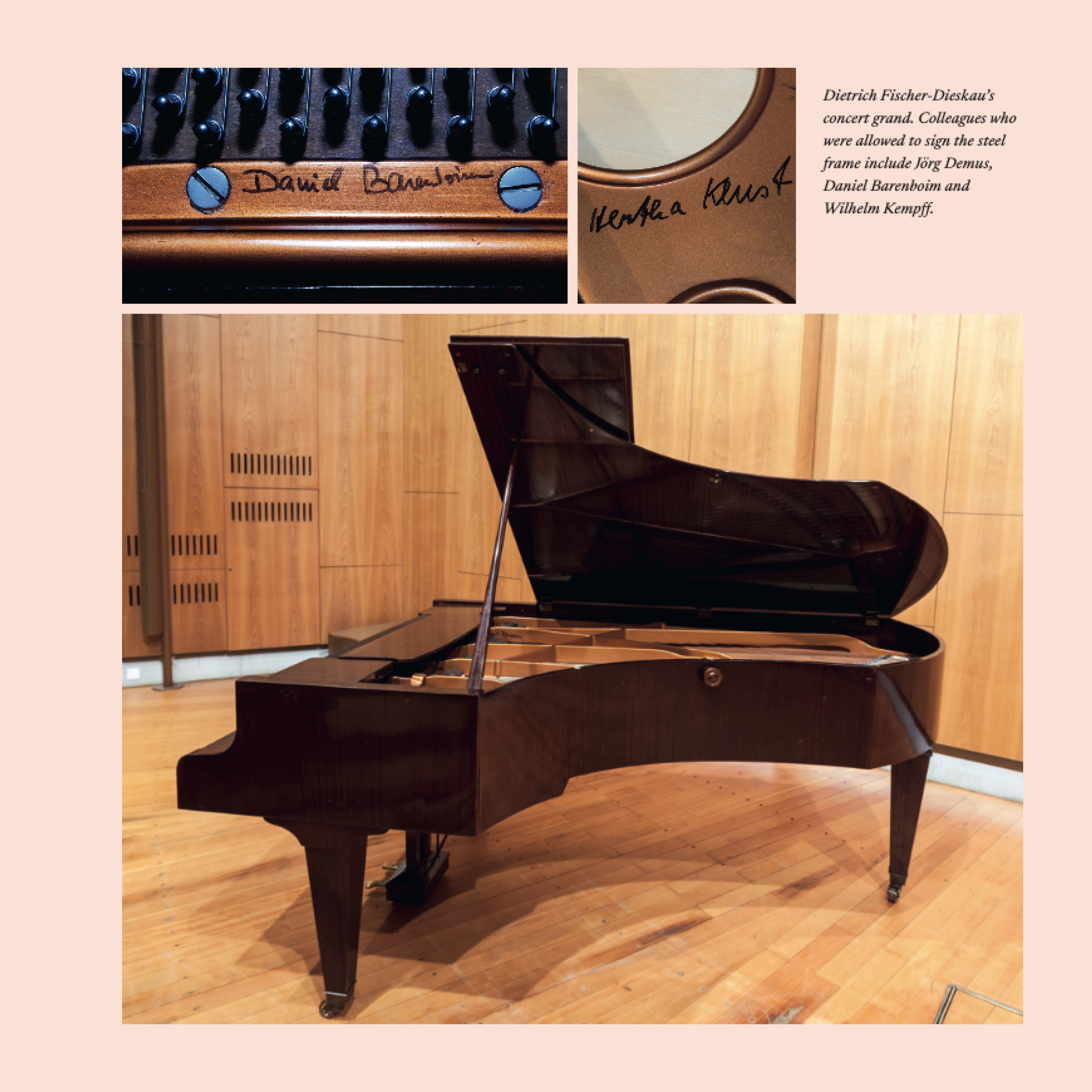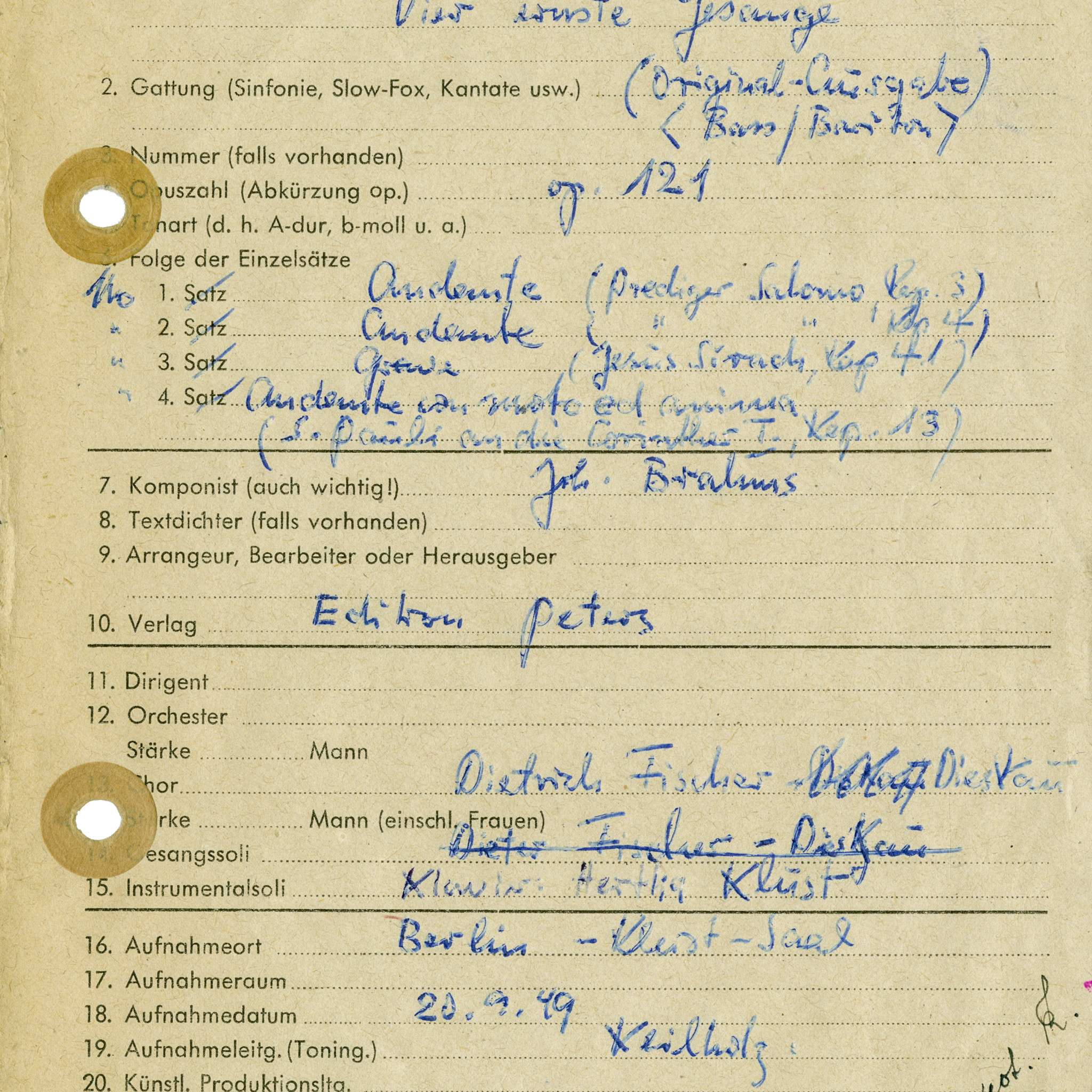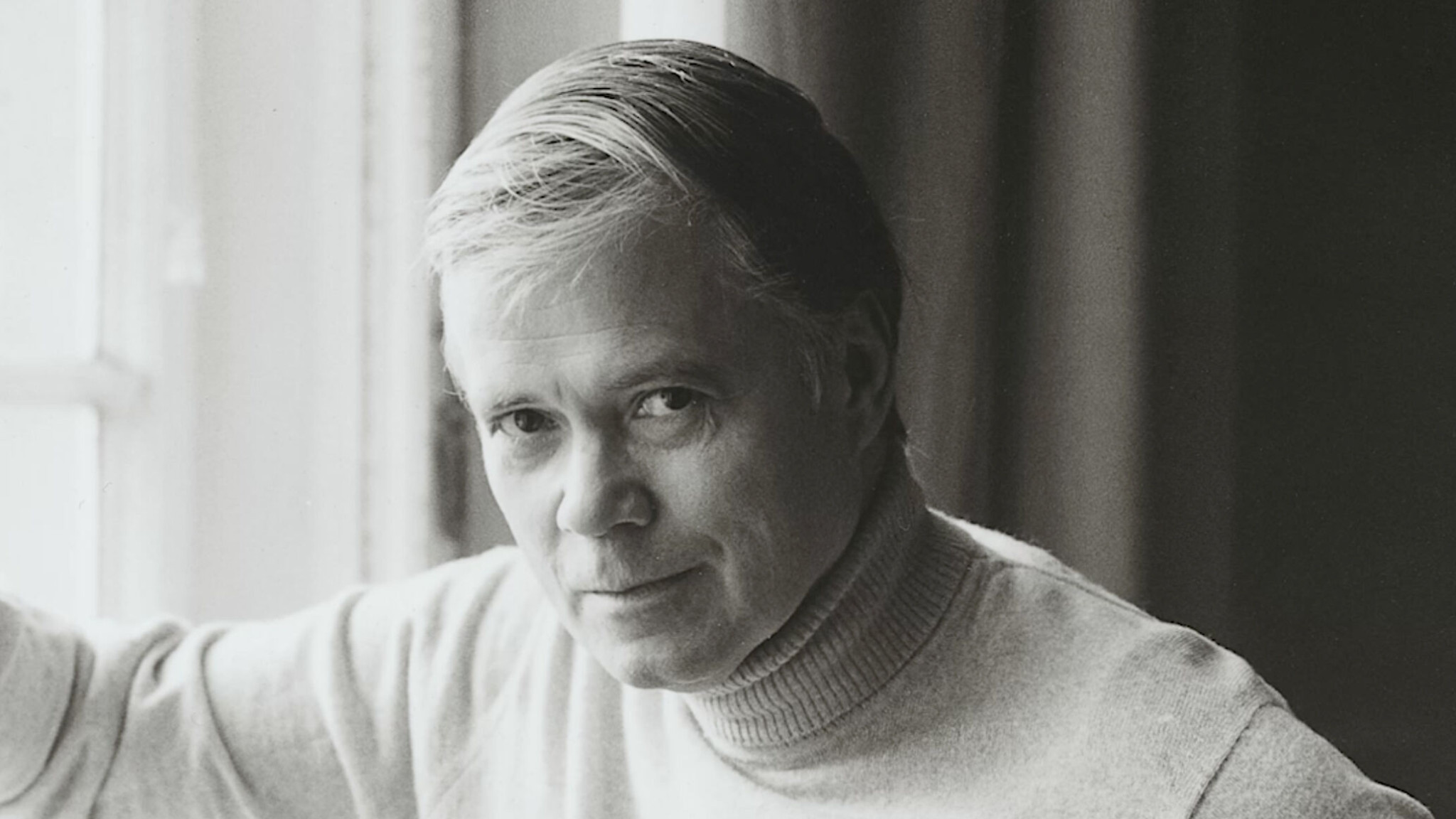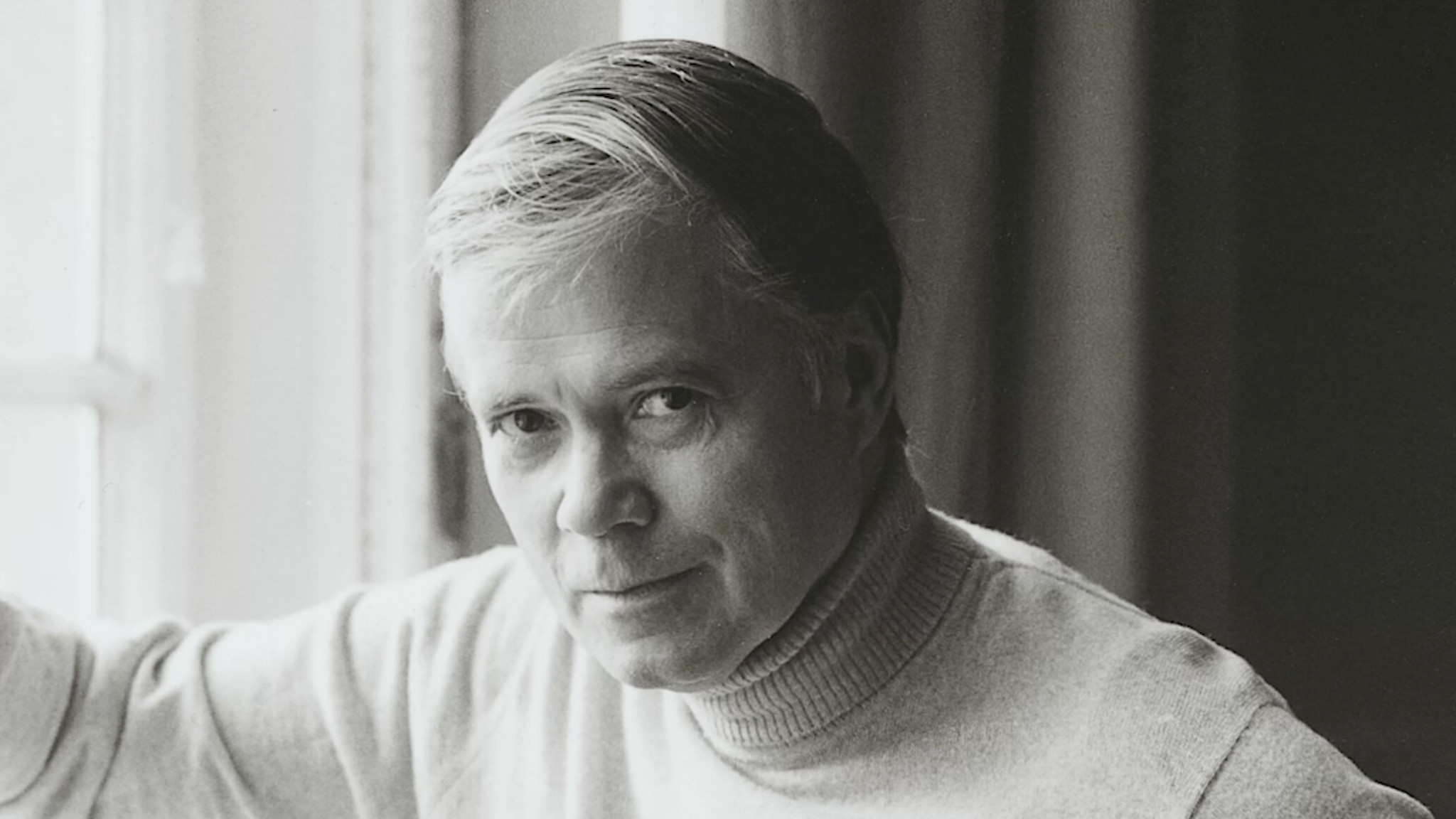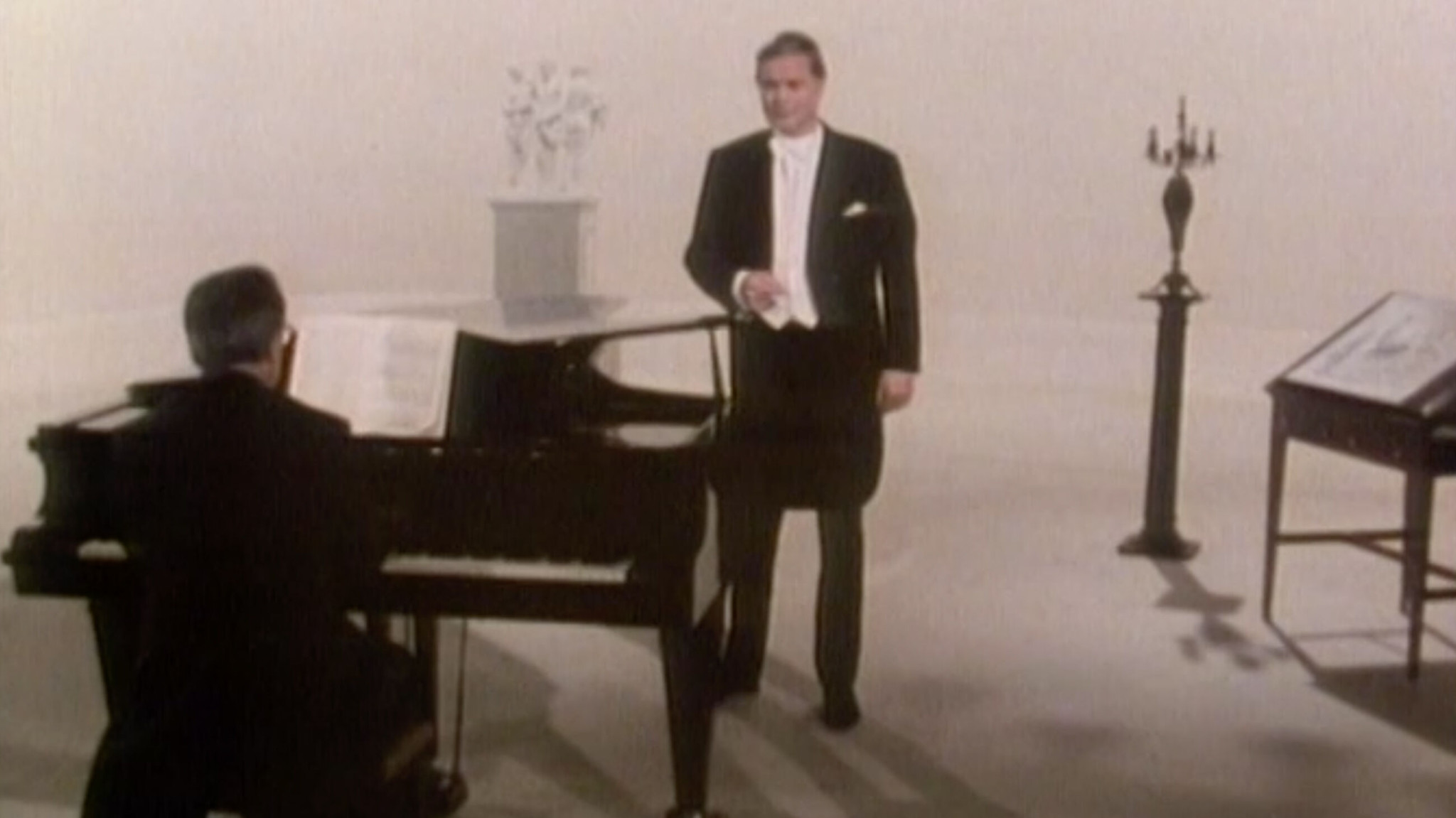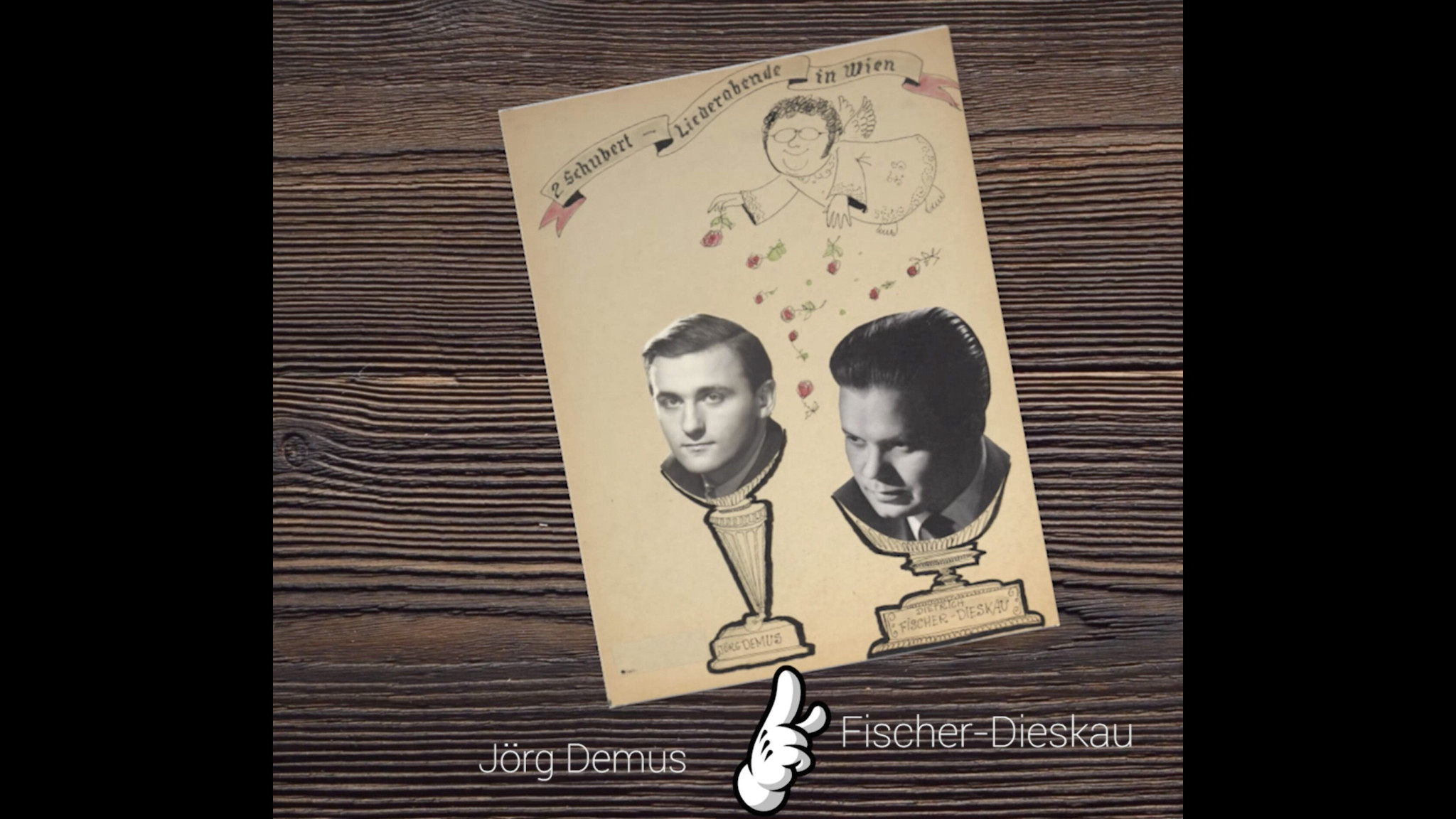“The most significant singer of the 20th century.” (Leonard Bernstein)
We celebrate the 100th anniversary (28 May, 2025) of the birth of the great baritone and DG artist Dietrich Fischer-Dieskau. Not only was he a lieder singer par excellence, he also excelled in opera, oratorio and cantatas and from baroque to contemporary works.
To mark this occasion, we digitally release a series of albums for the first time. These include two albums from the Koch Schwann label presenting Wolf’s Der Corregidor and Liszt’s Via Crucis, as well as his final two recordings for DG, Handel’s secular cantata Apollo e Dafne and Verdi’s Otello (sung in German).
We have also digitally re-released his entire Lieder oeuvre in an A–Z library, alphabetical per composer, in 10 volumes. At the same time our 107-CD box set edition of the same recordings continues to be available to purchase.
LIEDER A-Z
Dietrich Fischer-Dieskau
Debussy - Lutosławski
Complete Lieder Recordings on Deutsche Grammophon & Decca
Digital Edition
Works by
Debussy · Dvořák · Einem
Fortner · Haydn · Henze
and more
Lieder A-Z
Complete Lieder Recordings on DG (Trailer 2025)
New on Digital Services
New to Dolby Atmos®
Videos
Accompanying the 107-CD edition is a plethora of digital albums which are now available to download & stream for the first time, including two releases that are now available in the spatial listening experience of Dolby Atmos®.
Alongside these digital offerings is the notable release of the Discoveries EP, which features previously unreleased recordings of works by Schubert, Brahms, and Schumann.
DISCOVERIES Schubert · Schumann · Brahms
Dietrich Fischer-Dieskau
FRANZ SCHUBERT
Schwanengesang, D. 957: No 9, Ihr Bild
Schwanengesang, D. 957: No. 10, Das Fischermädchen
Punschlied, D. 253
ROBERT SCHUMANN
Romanzen und Balladen, Vol. IV: No. 3c, Auf ihrem Grab, da steht eine Linde
JOHANNES BRAHMS
5 Lieder, Op. 94: No. 4, Sapphische Ode
5 Lieder, Op. 105: No. 1, Wie Melodien zieht es mir
Dietrich Fischer-Dieskau
Like Melodies Passing
Six Previously Unreleased Recordings
Six previously unreleased recordings are presented for the first time in this edition of all Dietrich Fischer-Dieskau’s lieder recordings on Deutsche Grammophon. There are several reasons why these treasures have only now been unearthed – a look into the depths of the sound archives.
When a young singer stepped in front of the microphone in Berlin’s Kleist Hall on 20 September 1949 to record his first lieder album for Deutsche Grammophon singing Brahms’s Four Serious Songs, no one could have guessed that an extraordinary career was about to begin. The fact that the name on the recording session report was crossed out and corrected several times shows that Dietrich Fischer-Dieskau was still a “no-name” in the truest sense of the word. The day before, he had recorded the quartet “Addio dolce svegliare alla mattina!” from Puccini’s La Bohème with Elfride Trötschel, Rita Streich, Lorenz Fehenberger and the orchestra of the Komische Oper Berlin. “I was terribly nervous and of course didn’t have the slightest idea how many titles would follow this recording from 19 September 1949”, the singer later reported. But Deutsche Grammophon had already held test recordings in Berlin six months earlier on 29 March 1949. The baritone, who was just 23 years old, had demonstrated his extraordinary talent with two songs from Schubert’s Schwanengesang. The recordings of “Ihr Bild” and “Das Fischermädchen” lay dormant in the archive for 73 years until their release now for the first time. In “Ihr Bild” the singer takes all the time in the world singing for three and a half minutes; he was never to interpret this song so slowly again. In the Heine setting of “Das Fischermädchen” he takes the F at “wir kosen Hand in Hand” in a vigorous chest voice, while in a radio recording from January 1948, he reaches it in the iridescent voix mixte so typical of this singer. There is another Schubert song on the same tape, sung by Ellinor Junker-Giesen with her husband Hubert Giesen at the piano. Whether the famous song accompanist also assisted Fischer-Dieskau cannot be clarified today. It could also have been Klaus Billing, who accompanied the singer in the earlier radio recording.
In March 1972 Fischer-Dieskau recorded a series of Schubert duets at the UFA Studio in Berlin with the English alto Janet Baker and Gerald Moore at the piano. Schubert’s Punschlied D 253, referred to on the tape box as a “leftover original” (recording), remained in the archive and is released here for the first time. The recording, with piano accompaniment, presents the first and second stanzas of the somewhat overly exuberant Schiller poem about the heavenly gift of art and spiritual drinks, which Schubert, it seems, did not take too seriously. With Baker and Fischer-Dieskau, it becomes a cheerful, al fresco and on occasion metrically “tipsy” miniature, just a minute in duration.
We have a similar case with “Auf ihrem Grab, da steht eine Linde” from Schumann’s trilogy of Heinrich Heine settings, Tragödie op. 64 no. 3, which was found in the archive again as a so-called “left-over title” from the sessions for the double LP Robert Schumann – Duets for two voices with Julia Varady and Peter Schreier, and Christoph Eschenbach at the piano. It is remarkable that this short duet, which Schumann intended for soprano and tenor and where the text tells of the “miller-lad and his love”, is interpreted here by Peter Schreier and Dietrich Fischer-Dieskau.
In the 1970s, Dietrich Fischer-Dieskau recorded a large part of Brahms’s song oeuvre with Daniel Barenboim; the “Sapphische Ode” and “Wie Melodien zieht es” were not among the works released. Both songs, however, were recorded by the two musicians in Berlin’s Studio Lankwitz in the late 1970s and are heard for the first time in this edition. This recording of the “Sapphische Ode”, a song for female voice par excellence, is indeed Fischer- Dieskau’s only version, and in “Wie Melodien zieht es” the melodies pass far more elegantly and flow more smoothly than in other recordings. How could it be that these two magnificent recordings lay dormant in the archives for so long? The answer appears to be that both songs were recorded by Jessye Norman a little later, so Fischer-Dieskau’s versions went unpublished. Ten years after Dietrich Fischer-Dieskau’s death, they now complete the discography of this epoch-making singer.
Markus Kettner
Translation: Rupert Wagg

